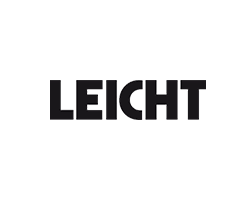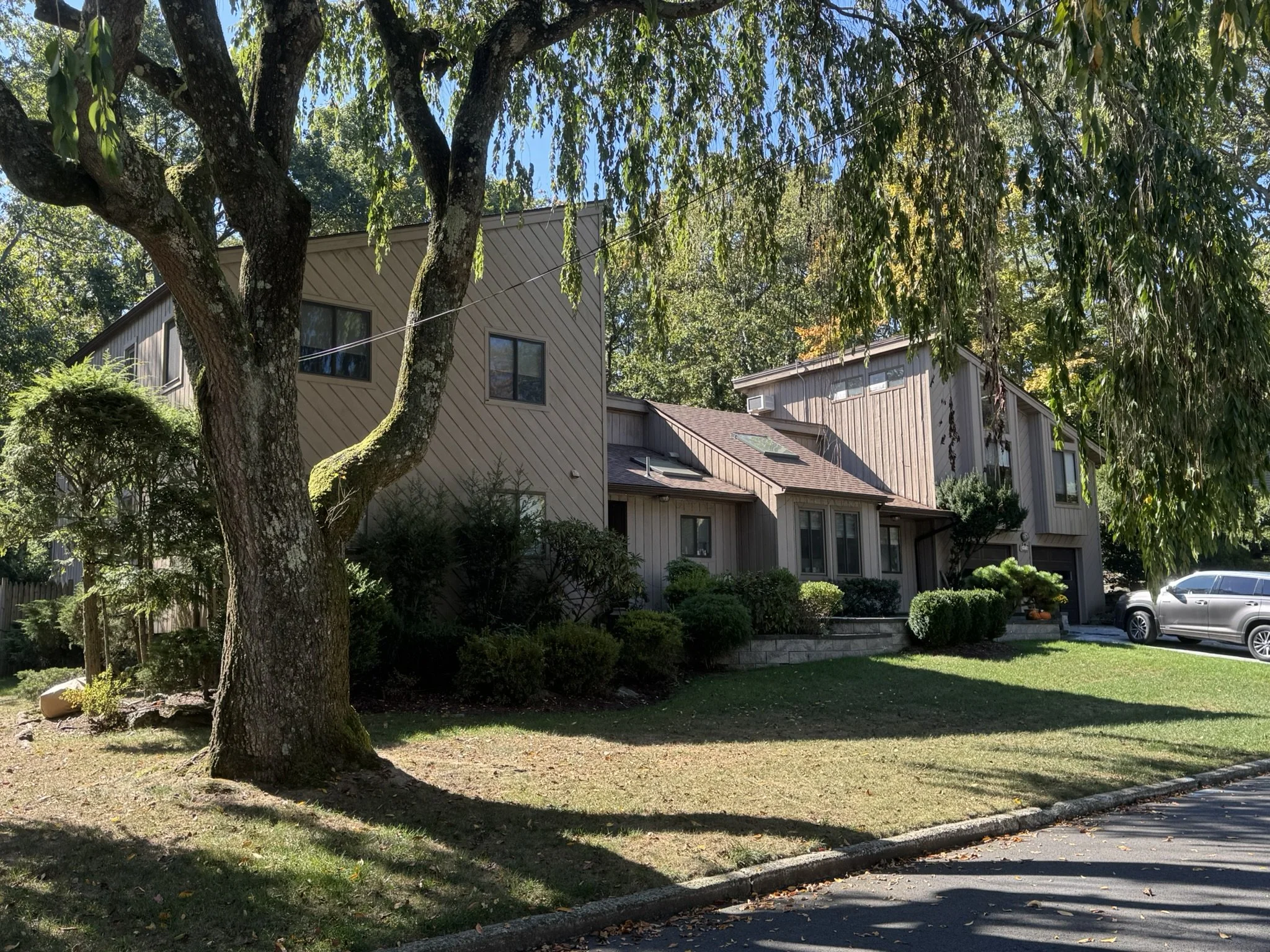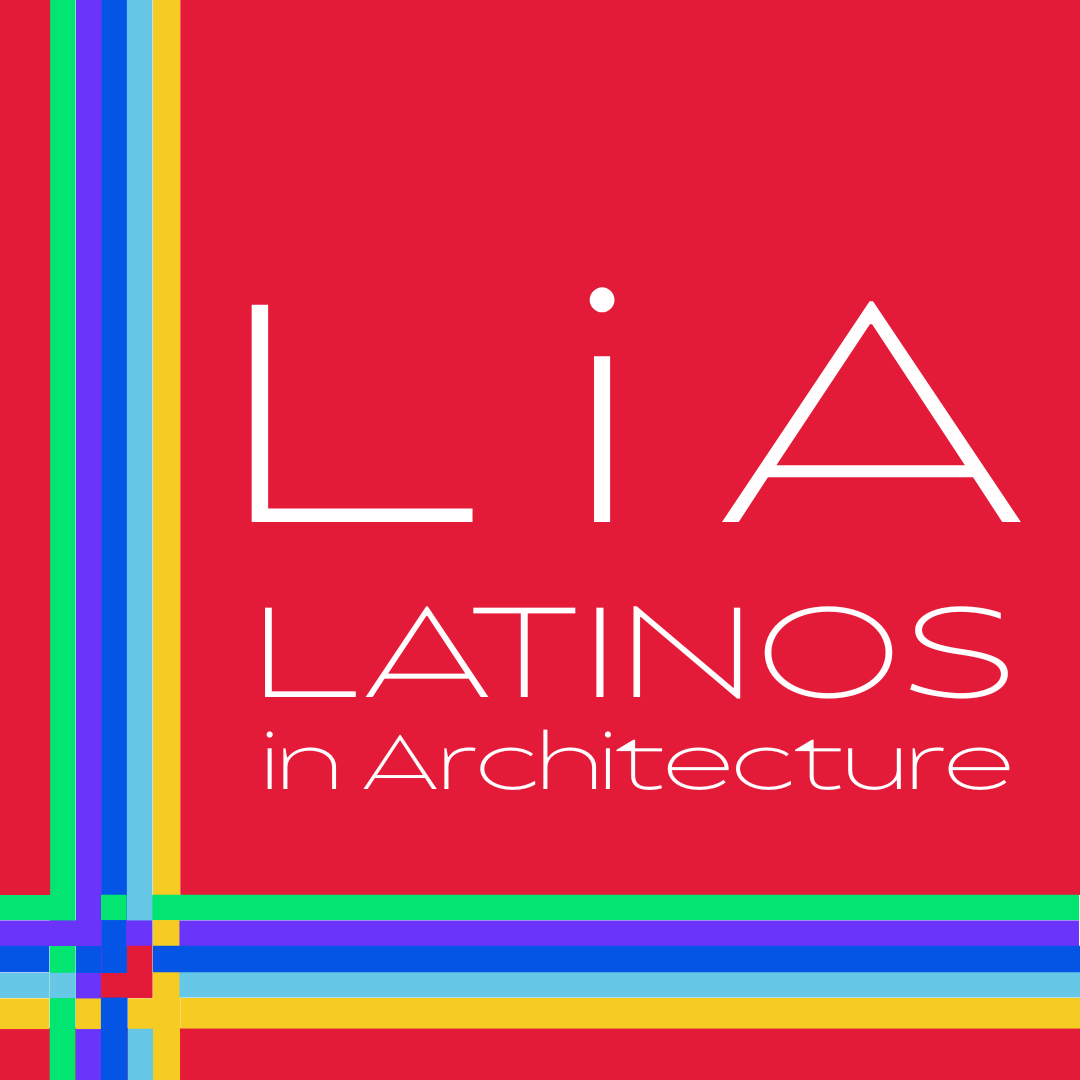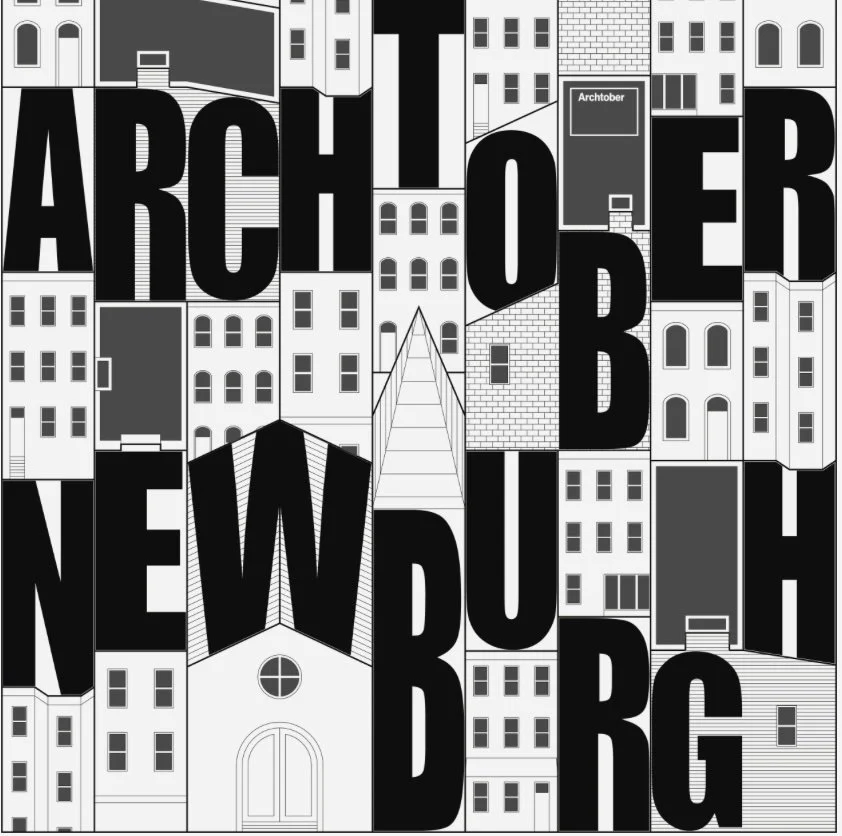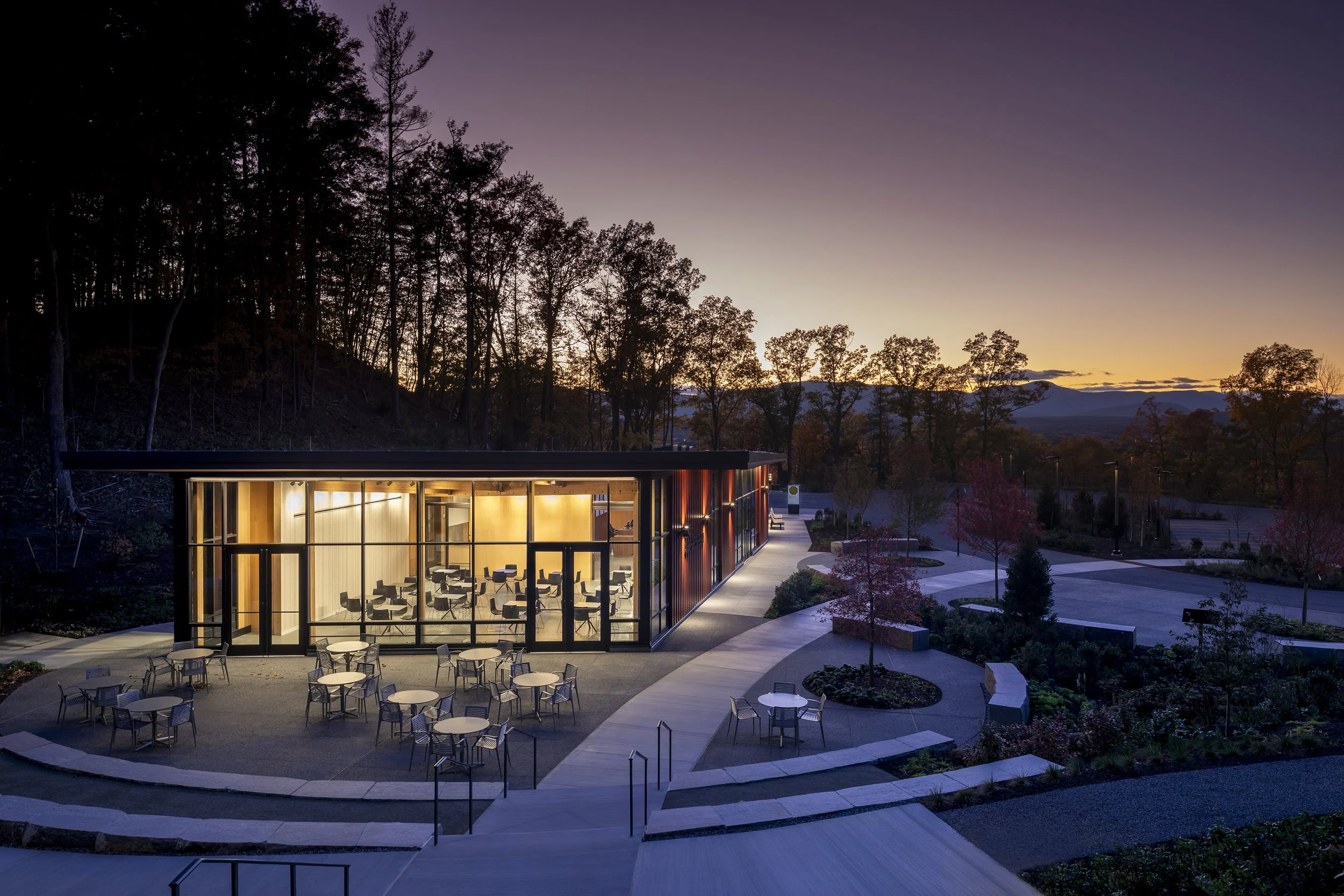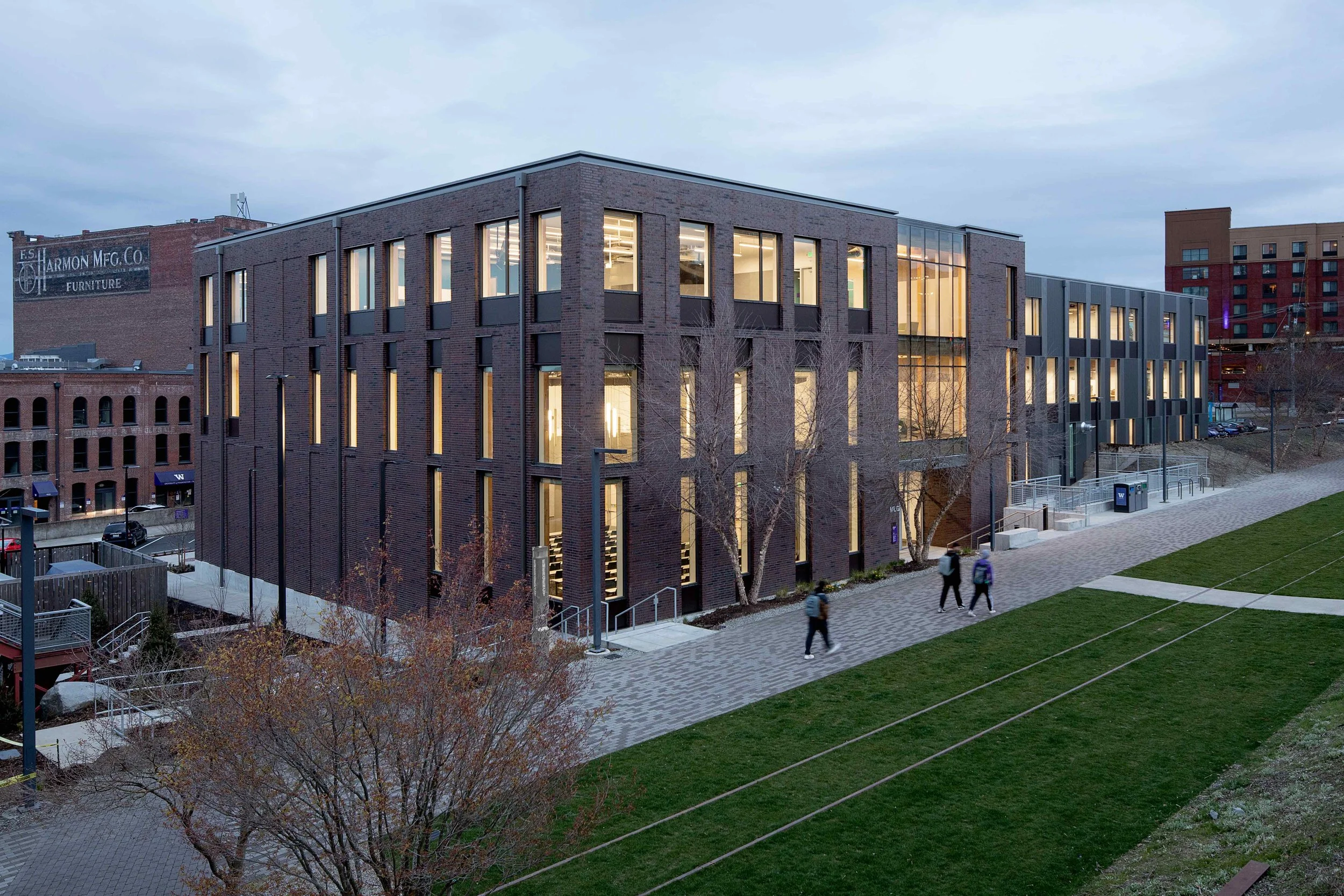Sponsored by:
Rockman/Weathershield
Date: Saturday, October 4, 2025
Time: 4:30pm - 6:30pm
Venue: Wittenberg Residence Tour – Bedford Corners, 82 Old Wagon Rd., Bedford Corners, NY, 10549
Fee: $30 AIA | Associate AIA, $40 Non member
AIA CEU: 2 AIA PDH HSW
Parking will be available along Old Wagon Road with a short walk uphill to the house. Special arrangements can be made for those who require assistance with the walk.
Building Description: House was originally constructed in 1965 – 5,100 s.f., 5 bedrooms, 4.5 baths, in Mid-century Modern style with Frank Lloyd Wright influences. Originally designed by Matthew Warshauer, Past President of the Mid-Hudson AIA, Director of the State Association of Architects, and recipient of AIA Lifetime Achievement Award. House was purchased by Coco Kanakis & Eric Wittenberg in 2010. In 2015, they undertook a complete interior alteration, addition, exterior refurbishing and initial surrounding land sculpting, with the theme of creating a “Glowing Lantern in the Forest”.
Professional Team:
- Interior Designer: Coco Kanakis
- Architect of Record: William Spade, Sasaki+Spade Architects
- General Contractor: Aphrodite Construction
EVENT DESCRIPTION:
Presentation & tour conducted by Coco Kanakis of Coco Kanakis Interior Design & William Spade, AIA of Sasaki+Spade Architects. Will highlight the following:
- adaptive reuse of the home done in a Wright-influenced style - materials, spatial organization, retained original stonework
- enhancing access path from street - experiencing the house from different views upon approach; corrected the access level on the back, and removed courtyard to replace with Mud Room and new Deck courtyard
- reconfigured the living spaces to take advantage of solar path, views & creation of privacy in family room area: relocated Primary Bedroom to east end to take advantage of sunrise, and new Family Room & Kitchen to west end of building for sunsets and connection with new pool area patios
- enhancing the axial organization of the living spaces & changes in volumes & views
- alteration of exterior landscaping to tie in with the mid-century modern architecture style
- addition of glass areas & exterior doors to enhance the views and indoor/ outdoor connection throughout
- incorporation of energy efficient construction, including thicker framed walls & roof with mineral wool insulation, and air barriers.
LEARNING OBJECTIVES:
After attending this tour, participants will be able to:
1. Identify the value of adaptive reuse for sustainable design, including reusing & enhancing unique existing materials.
2. Describe the importance of building siting and enhancing the experience of the building by the access path.
3. Explain the value of spatial organization: enhancing exterior views from specific spaces; separation of public & private spaces, and interplay of volumes & treatments, along an axial path.
4. Summarize the strategies for upgrading the thermal comfort and the energy efficiency of the house through window replacement, added insulation with air barriers, radiant floor heat and electric window shades on western facing exposures.






























